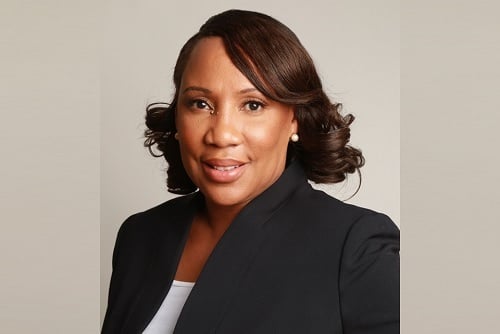

Coachella, Boots and Hearts, and Osheaga might today draw hundreds of thousands of people over several days to watch the biggest names in the music industry put on performances, but music festivals were once a much different beast.
“Music festivals have really evolved in the types of events, the number of days, and the performers,” said Wanda Phillips (pictured), head of North America Entertainment at Allianz Global Corporate & Specialty (AGCS). “A few years ago, maybe there was a music festival and it was for a couple of hours. If you purchased a ticket, you saw one or two different artists, and then they started to expand [to span] an entire day.
“Now, the average festival is two or three days, and they have headliners all over the place – you can see 15 different people, and you buy a ticket and can experience the event Friday, Saturday, and Sunday. In addition, they’ve evolved globally. Now, they’re not just in the US or the UK – there are festivals all over.”
The social media ties to music festivals have likewise upped the stakes around this burgeoning cultural phenomenon.
“Social media, and influencers and bloggers are a form of advertisement, so it’s very key to have those individuals at festivals,” said Phillips. “You put on the festival, someone blogs about it, the influencers are there, and they help to sell the tickets and promote the event.”
With all of the performances they want to see, food they want to eat, and rides they want to go on, festival goers have little time to think about the risks associated with today’s mega-festivals – and there are several key ones that have emerged.
Active shooters are one of those risks. In the past, there might not have been a huge demand for coverage for this risk, but whether it’s concerts or festivals, or any type of event that brings crowds of people together, it’s something that insureds and their insurers need to be aware of today.
Event cancellation coverage has also evolved as festivals have expanded.
“A lot of our insureds will purchase what we consider to be cancellation of event coverage,” said Phillips. “It used to be that cancellation of the event was if the actual event did not take place at all. Now, you can buy coverage if the entire event [did not go] from start to finish.
“There’s also coverage for the actual band members themselves and the artists. We can provide coverage if you’re doing a headliner event and the headliner doesn’t appear, however, there are other artists that do appear. That, too, could mean loss of revenue, so we’re able to carve out different coverages based on the individual needs of our clients.”
Identifying the risks and preparing for them as best as possible is top of mind for Allianz underwriters and risk consultants as they help insureds map out safety protocols. These experts will visit a concert space before an event takes place, and conduct a live survey of the venue to address any safety issues that could potentially arise.
“We make sure that there are drills in place so that everyone knows what to do if something happens. It should be the last thing that a ticket buyer or ticket purchaser thinks of when they’re going to an event, but it’s not the last thing we think about,” said Phillips. “We do a really good job of making sure that everyone is safe, and able to have fun.”
Social media hasn’t just been useful for putting a global spotlight on music-based events. These platforms have also come in handy for risk mitigation.
“If you’re at a concert and we want all of the attendees to move to a particular location, we can see online if someone is putting up a post telling people to meet on this side, or is really adhering to the messages that were put out there,” said Phillips. “We can then identify the location where those individuals are, and send someone to those individuals to make sure they do leave and they do get to the place where they’re safest.”
